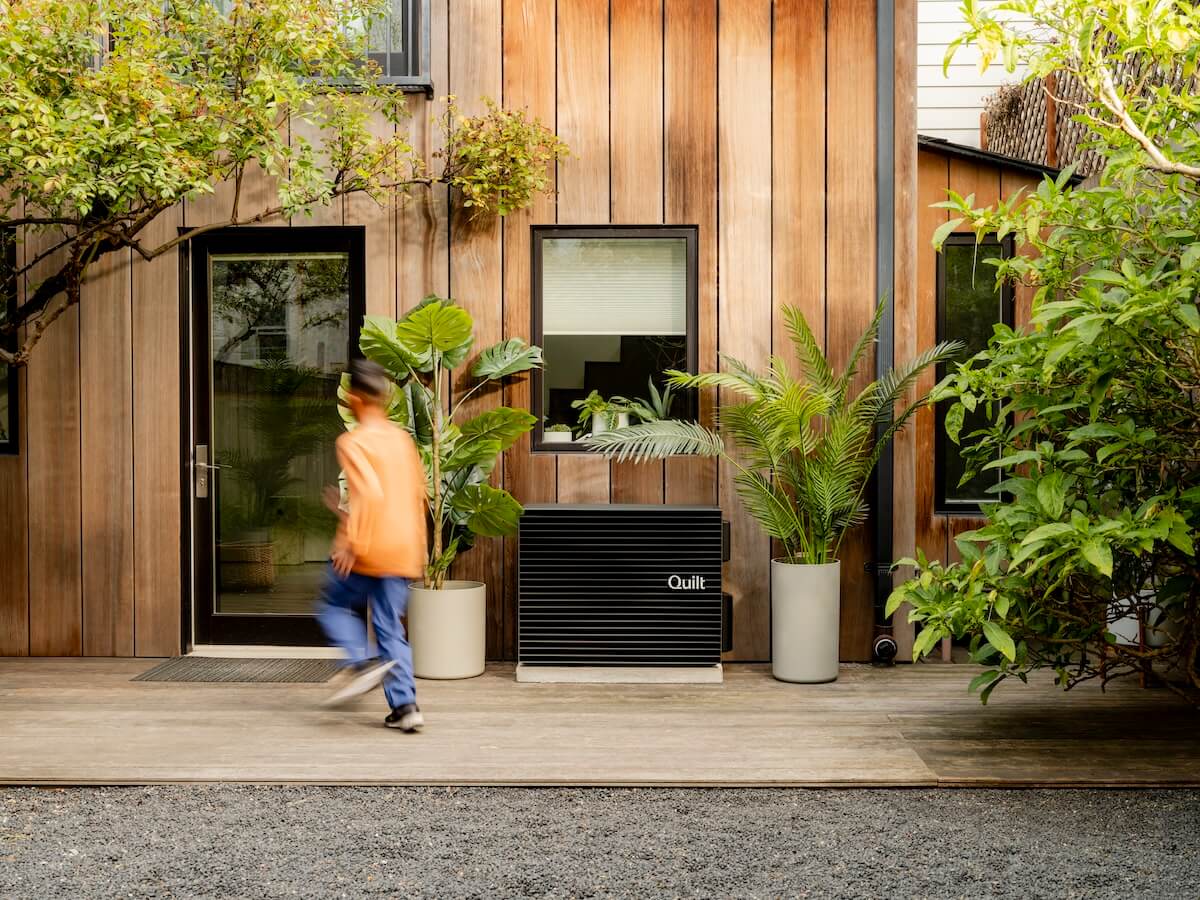ImpactAlpha, March 3 – Concern about catastrophic climate change was not enough. Even massive street protests last year couldn’t do it. It took fears about the spread of the COVID-19 to whack back the annual circuit of global conferences and events.
The coronavirus has already cut Beijing’s smog and China’s carbon emissions. Now thousands of delegates to dozens of conferences are suddenly able to make good on any vague intentions they may have had to cut back on their annual frequent flier mileage and carbon footprints.
The pandemic also has made a seer of Equilibrium Capital’s Dave Chen, who predicted on ImpactAlpha’s “Institutional Shift” podcast in January that “the quandary of travel” would be one of the year’s hot issues.
“We have joked for years that we get on these international flights to some conference in Italy or Bali to discuss how we save the planet. So we burn a lot of carbon to save the planet,” Chen said before the coronavirus became an urgent concern. “That somewhat ironic joke will become front and center. And it’s a great question to be asking: What are we doing in our own footprint, in our own lives in pursuit of saving the planet?”
Institutional Shift: Calling the inflection point, and other trends to watch in 2020 (podcast)
For impact investors, the raft of conference cancellations will create something of a natural experiment: Just how necessary are all those gatherings for getting the work done? (ImpactAlpha stands ready to help keep the conversation going. Seriously: send us that keynote address already drafted, those panel remarks prepared or that report that was set to be released and we’ll redouble our efforts to keep everybody connected.)
Decision time
Last year’s social unrest in Santiago, Chile caused the relocation of major global conferences including the COP25 climate conference, which moved to Madrid, and the Global Steering Group on Impact Investing, which took place in Buenos Aires instead (see, “Impact investing’s road to relevance led through Santiago – until it didn’t”).
The global spread of the virus means relocation is not really an option. Cera Week, an energy industry conference that had been set to gather more than 5,500 delegates from 85 countries in Houston next week, cancelled this week “with deep disappointment.”
The Trump administration postponed indefinitely the Las Vegas summit of the 10-member Association of Southeast Asian Nations, or Asean, that had been planned for March 14. The Financial Times’ Investing for Good Asia event in Singapore has been rescheduled from April to October. The International Journalism Festival in Perugia, Italy, one of the year’s biggest gatherings of journalists, “has been canceled (not postponed) due to public health concerns.” Skift, the online travel news site, postponed its Skift Forum Europe for Madrid at the end of March to the end of June, and its Asia forum from June to October. Paris’ Blockchain Week has been postponed until December.
The fate of other events is still up in the air. The World Bank is reported to be considering a videoconference instead of its planned spring meetings, which had been expected to bring more than 10,000 officials, executives and journalists to Washington, D.C. April 17-19.
Suzanne Biegel, who is co-producing the second Gender-Smart Investing Summit set for London at the end of April, told ImpactAlpha, “We are deciding this week and will be communicating with our community. Evaluating all options. Conferring carefully.”
The Skoll World Forum, set for March 31 to April 3 in Oxford, England “is concerned about the Novel Coronavirus (COVID-19) and is closely monitoring developments.”
A spokesman for the Milken Institute Global Conference, set for May 3-6 in Beverly Hills, told ImpactAlpha, “At this time there are no plans to change or cancel the event,” but that the organization is “monitoring the situation carefully and assessing potential impacts on our program.”
Wisdom of crowds
Ultimately, the decision whether to proceed may be out of organizers’ hands. More than 20,000 people have signed a petition calling for the cancellation of this month’s huge SXSW festival in Austin, Tex., though organizers are said to be hanging tough. Last year’s festival drew 400,000 people. Twitter CEO Jack Dorsey, who had been set to be a keynote speaker, withdrew after Twitter suspended “all non-critical business travel and events.”
In a post on LinkedIn, Kind’s Daniel Lubetsky said the energy bar maker was pulling out of this week’s Natural Product Expo West in Anaheim. “We decided that gathering with 30,000 people from across the world inside closed quarters to try tons of food samples was probably not the most prudent path forward this week.”
He called on the event’s organizers to offer exhibitors and attendees refunds or credits, particularly for small businesses for whom such trade shows are crucial for connecting with retailers. Another attendee went further, blasting the event producer’s decision to proceed as “extremely misguided and perhaps unethical.”
On Monday, the expo’s producer, New Hope, bowed to such pressure and postponed the show – and stood up a $5 million rebate fund “with particular focus on the many entrepreneurs and small businesses who are the heartbeat of this community.”











